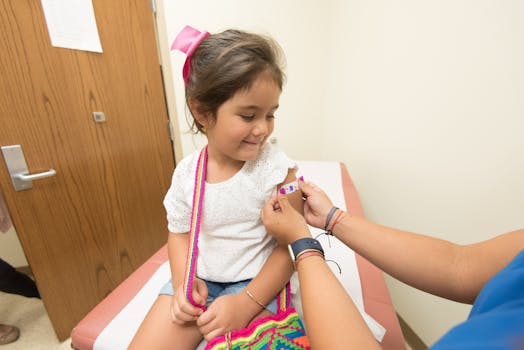
The Importance of Vaccination

Vaccination is one of the most significant public health advancements in history. Vaccines save millions of lives each year and protect against serious diseases. They work by training the immune system to recognize and combat pathogens, such as viruses and bacteria.
How Vaccines Work

Vaccines mimic infection without causing the disease. They contain antigens, which are parts of pathogens that provoke an immune response. When a vaccine is administered, the immune system responds by producing antibodies. This process provides the body with a memory of the pathogen, enabling quicker and more effective reactions if the individual is exposed to the actual disease in the future.
Types of Vaccines

Several types of vaccines exist, including inactivated, live-attenuated, subunit, and mRNA vaccines. Inactivated vaccines contain killed pathogens, while live-attenuated vaccines use weakened forms of the germ. Subunit vaccines include only a part of the pathogen, and mRNA vaccines use genetic materials to instruct cells to produce antigens. Each type has unique benefits and is chosen based on efficacy, safety, and the immune response required.
The Role of Herd Immunity

Herd immunity occurs when a significant portion of a population becomes immune to a disease, making its spread less likely. This protective effect is critical for the vulnerable members of society, such as infants and immunocompromised individuals, who may not be able to receive certain vaccinations. This underscores the societal responsibility of vaccination—not only protecting oneself but also safeguarding the community.
Overcoming Vaccine Misinformation

Despite the overwhelming evidence supporting the efficacy and safety of vaccines, misinformation can lead to vaccine hesitancy. It is crucial to rely on scientific data and facts from trusted health organizations when discussing vaccines. Public health campaigns and education play vital roles in addressing concerns, reinforcing confidence in vaccinations, and promoting higher uptake rates.
Conclusion

Vaccination remains a cornerstone of public health that reduces disease burden and protects lives. Understanding the science behind vaccines—a simple mechanism that offers complex protections—empowers individuals to make informed choices about immunization. In a world where infectious diseases still pose significant threats, vaccination is our best defense.



